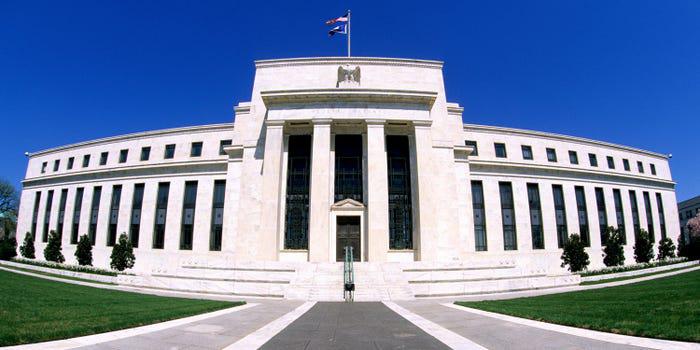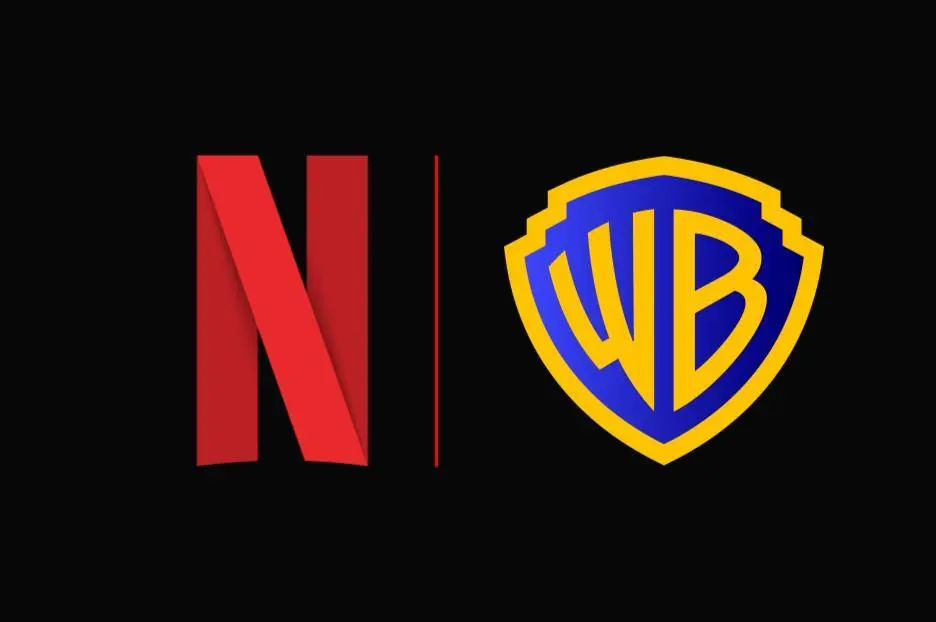
The Federal Reserve sets the guardrails for the federal funds rate, and through that helps control the money supply for the nation.
"Federal Reserve Building in Washington D.C. - Illustration" by DonkeyHotey is licensed under CC BY 2.0
When you take out a loan for a car, charge something to your credit card, or get a personal line of credit, there is going to be an interest rate that applies to your loan.
A lot of different factors go into what you will be charged, including your personal credit score. But even those with flawless credit still see a minimum charge that they can’t get around. That all goes back to the Federal Funds Rate.
One thing consumers rarely realize is that all of our banks are lending money to each other every night. Banks are legally required to maintain a certain percentage of their deposits in non-interest-bearing accounts at the Federal Reserve to ensure they have enough money to cover any withdrawals that may unexpectedly come up.
However, deposits can fluctuate and it’s very common for some banks to exceed the requirement on certain days while some fall short. In cases like this, banks lend each other money to ensure they meet the minimum balance. It’s a bit hard to imagine these multibillion-dollar financial institutions needing to borrow money to tide them over for a bit, but it happens every single night at the Federal Reserve. It’s also a nice deal for those with balances above the reserve balance requirement to earn a bit of money with cash that would normally just be sitting there.
 The Federal Reserve
The Federal Reserve
The exact interest rate the banks will charge each other is a matter of negotiation between them, but the Federal Open Market Committee (FOMC) (the arm of the Federal Reserve that sets monetary policy) meets eight times a year to set a target rate. They evaluate a multitude of economic indicators including unemployment, inflation, and consumer confidence to decide the best rate to keep the country in business. The weighted average of all interest rates across these interbank loans is the effective federal funds rate.
This rate has a huge impact on the economy overall as well as your personal finances. The federal funds rate is essentially the cheapest money available to a bank and that feeds into all of the other loans they make. Banks will add a slight upcharge to the rate set by the Fed to determine what is the lowest interest that they will announce for their most creditworthy customers, also known as the prime rate. If you have a variable interest rate loan (very common with credit cards and some student loans), it’s likely that the interest rate you pay is a set percentage on top of that prime rate that your lender is paying. That’s why in times of low interest rates (it was set at 0% during the Great Recession), a lot of borrowers should go for fixed interest rate loans that won’t increase. However, if the federal funds rate was relatively high (it went up to 20% in the early 1980’s), a variable interest rate loan may be a better decision as you would be charged less interest should the rate drop without the need to refinance.
The federal funds rate also has a major impact on your investment portfolio. The stock market reacts very strongly to any changes in interest rates from the Federal Reserve, as a lower rate makes it cheaper for companies to borrow and reinvest while a higher rate may restrict capital and slow short-term growth. If you have a significant portion of your investments in equities, a small change in the federal funds rate can have a large impact on your net worth.











